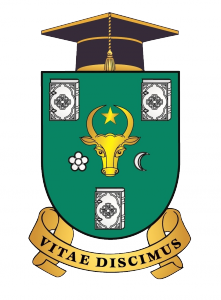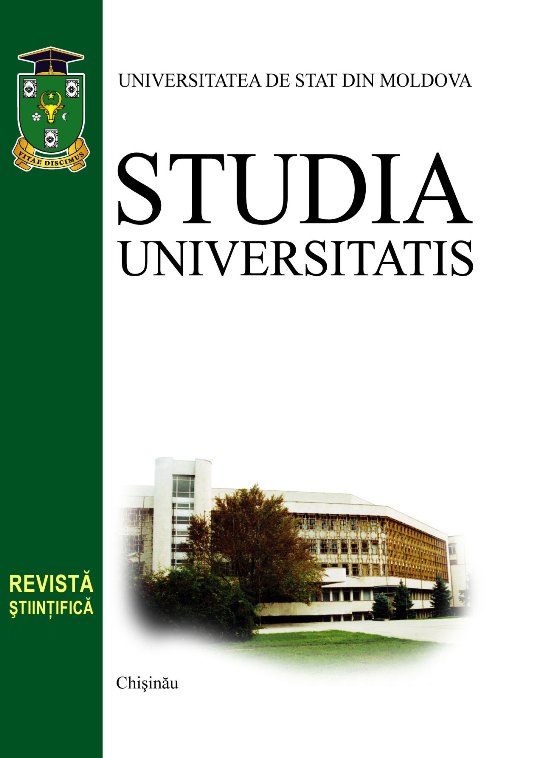O INCURSIUNE ÎN EDUCAŢIA INCLUZIVĂ: ABORDARE COMPARATIVĂ
Tatiana JALBĂ, Stela MILICENCO Catedra Asistenţă Socială
Rezumat
Inclusive education means that all students in a school, regardless of their strengths or weaknesses in any area, become part of the school community. The right of children with disabilities to quality education is stated in international acts, such as UN Convention on the rights of Children (1989), Salamanca statement UNESCO (1994), UN Convention on the rights of people with disabilities (2006). As Inclusive Education, Education for All are new approaches in the world and mostly in Moldova, it is important to study the international positive experiences on inclusion in order to be implemented in Republic of Moldova. By comparing the international practices on inclusive education it can be highlighted the next important features: In majority of countries which have positive practices, the inclusion process was developed through programs/projects implemented through a strong partnership school – community; Every project, program of inclusion did not include all children with special needs from the community in the same time, but it was done step by step, by integrating a limited number of children with special needs in order to not disturb the process of education and in the same time by providing support services; The civil society, through its structures (especially, non-governmental organization, associations of parents, etc), take strong responsibilities and initiates partnership with governmental officials in order to support the process of inclusion of children with special needs in school and in community. The article „An inroad in inclusive education: comparative approach” refers to different positive practices in inclusive education, developed by different countries, referring also to aspects which could be applied in Republic of Moldova.


